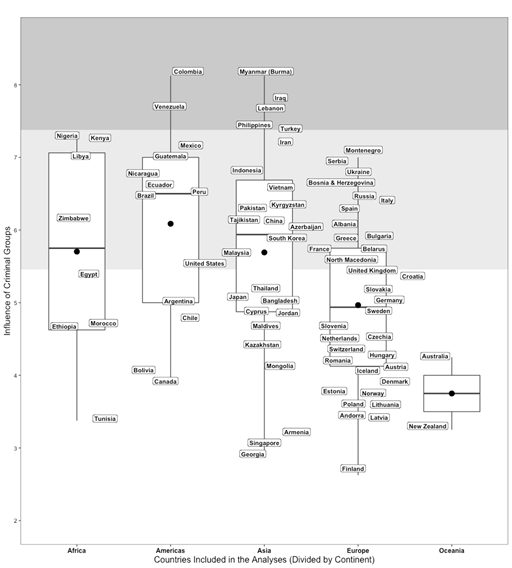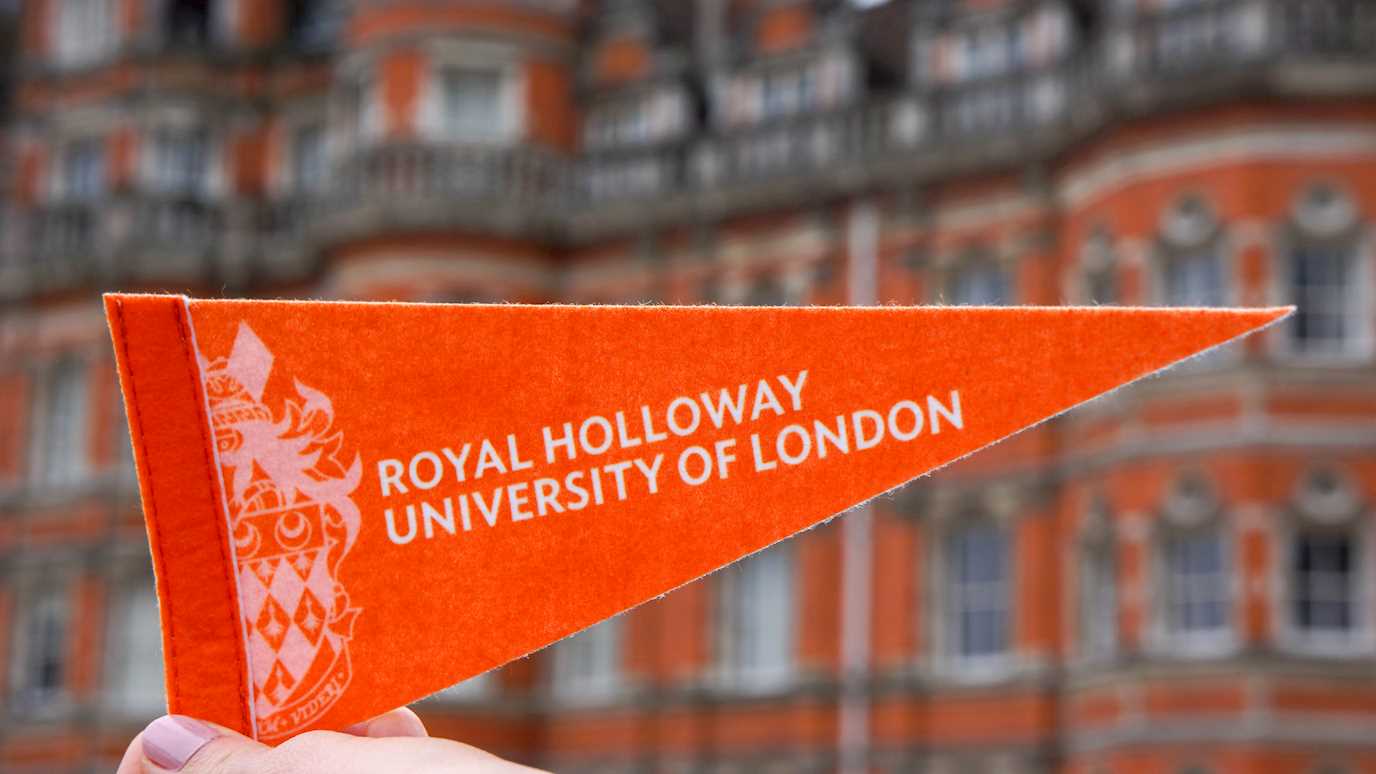A new study explores the complex relationship between the influence of organized criminal groups, individuals' political trust and civic honesty across 83 countries
In our increasingly interconnected world, the influence of organized criminal groups extends far beyond their immediate environment. These clandestine networks, while not overtly political, can significantly impact the quality of democracy in a country and shape the attitudes of its citizens towards the civic context.
Civic Attitudes
In many societies, citizens' civic attitudes are driven by their trust and confidence in political and legal institutions. For instance, the more individuals trust their government and the legal system, the more likely they are to believe that paying taxes or rejecting corruption is right.
In a recent article published in Social Psychology and Personality Science, we investigated how the relationship between trust in political and legal institutions and citizens' civic attitudes varies depending on how much organized criminal groups influence their country.
Organized criminal groups can become deeply embedded within societies. They can influence and subvert public bodies, establishing alternative systems of authority that can undermine the government's prerogatives. Because organized criminal groups can corrode the moral mandate of institutions, we tested the idea that as the influence of criminal groups increases across countries, the association between political trust and civic honesty would weaken. We tested this hypothesis in 83 countries for which there were available data.
Quantifying the Influence of Criminal Groups
One of the main challenges in studying organized criminal groups is their clandestine nature. This secrecy, coupled with the existence of different legal definitions, complicates efforts to measure their influence. We employed a novel tool, the GI-TOC Index. This index, grounded in a shared and broad definition of criminal groups, enables researchers to quantify the influence of these groups across societies.
The following Figure illustrates how the 83 countries involved in this research score on the index.


The Findings
The study's results revealed that the rise in the influence of criminal groups was indeed linked to a weaker association between citizens' political trust and civic honesty.
In the Figure above, the predicted association between political trust and civic honesty was positive in societies characterised by a lower influence of criminal groups (white band). However, as the influence of criminal groups increases (grey band), the predicted association becomes weaker and null. This suggests that the influence of organized crime can disrupt the social contract between institutions and citizens, making institutions less likely to influence citizens' civic attitudes.
Interestingly, in societies where the influence of criminal groups was more extreme (dark grey band), the predicted relationship between citizens' political trust and civic attitudes became the opposite. Expressing trust in institutions highly influenced by organized criminal groups was linked to lower civic attitudes, leading to decreased honesty.
Conclusions
The results of this study have far-reaching implications for our understanding of the societal impact of organized crime groups. It reveals that the influence of these groups extends beyond the realms of economy and security, reaching into the very moral fabric of societies.
Boosting people’s trust in institutions is not a panacea for issues of civic honesty. In fact, in contexts where institutions are fundamentally influenced by criminal groups, trust could have negative implications. This finding underscores the complexity of the issue and the need for nuanced solutions.
The study underscores the importance of continued research in this area and the need for comprehensive strategies to mitigate the influence of these groups on our societies.
**
This research was authored by Giovanni Travaglino, Pascal Burgmer and Alberto Mirisola. The original article can be downloaded here.

























